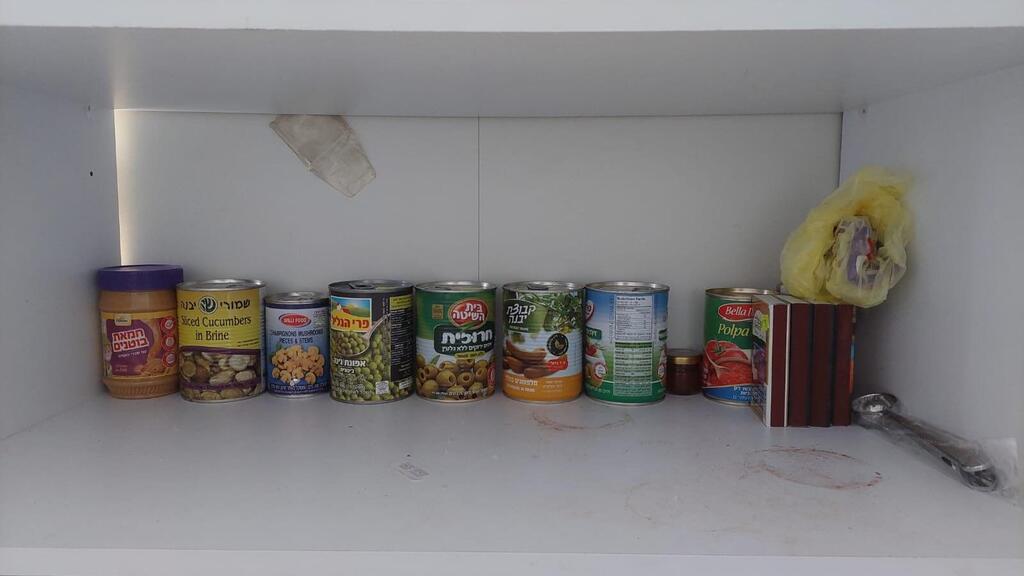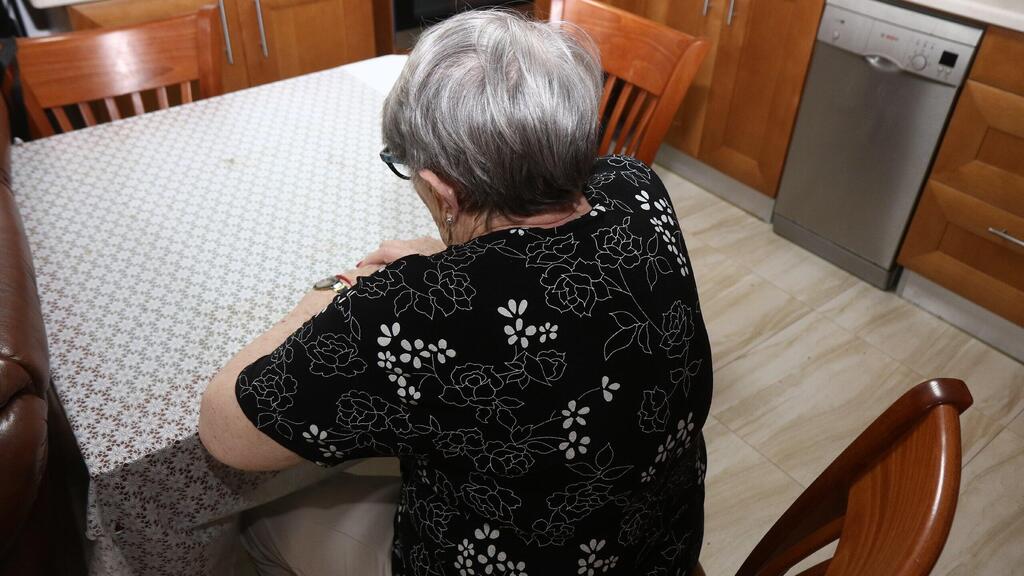One in five Israeli families face food insecurity, which is having physical and economic access to sufficient food at all times, according to a report published Monday by Israel's largest anti-poverty NGO.
According to the annual report by the Latet organization, published ahead of the Jewish High Holidays, 680,475 families in Israel currently face food insecurity. Of that number, 312,825 families are facing "severe" food insecurity.
Shiran, a mother of four, living in northern Israel, says the Jewish High Holidays, a period meant to be characterized with joy, is a cause for concern to her. “We’re a week before Rosh Hashana, and as of now, I’m not sure how we’ll get through it,” she said.
Shiran was involved in a traffic accident in 2021, and hasn’t worked since, which has severely damaged her financial situation. “It’s very difficult for me, I don’t get much help. The welfare system send us to a donation center, which helps us. Without them, we would not have been able to buy food. The price of living takes a toll. Prices have gone up.”
She said the holidays are an even bigger challenge for her. “It’s a difficult time for us. Kids stay at home, which means more food and more bills to pay. I’d like for them to eat healthier food, but I can’t afford it – what’s important is that there’s something to eat.”
Latet says that over one million children are facing severe food insecurity in Israel. The total number of people facing food insecurity in 2022 in Israel is over two million, a number which is similar to the one reported in 2021.
“You can’t ignore a reality where over a million children are facing food insecurity,” Eran Weintrob, head of the Latet foundation said. “The rise in prices of food, consumer goods and electricity, along with a rise in market interest rates, are working to further weaken the disadvantaged individuals.”
He added: “Without a proper answer to the rising costs of living, and a state action plan to lower poverty rates, we believe the situation will only get worse, and more families may face financial difficulties in the future.”
The Labor, Social Affairs and Social Services Ministry announced some months ago that it will expand a project to combat food insecurity to another 20,000 families. The project will include a total of 40,000 families, which is still short of the target goal.
“The current government addressed the issue partially when it allocated NIS 46 million of the national budget to combat the problem,” Weintrob said. “However, this is still a small sum. There’s a need for another 4 billion NIS, and it’s the government’s role to do resolve it.”
Naomi (alias), is a 78-year-old Holocaust survivor, who also faces food insecurity. “I’ve worked my entire life,” she said. “I wasn’t someone who would sit at home, waiting for help. Ever since I had a stroke, my memory and legs don’t work well. Today, I almost never leave my house, and I receive support from the National Insurance Institute.”
According to Naomi, “I’ve never imagined I’d have to ask for people’s help at my age. I don’t like asking for help from my kids. I don’t want to burden them after working for so many years, they have their own families, so I make do with little. I used to love the High Holy Days, but now I stay at home.”
Meital also faces a difficult daily routine, which she says always gets harder around the holidays. “My husband is very ill. He stays at home, wheelchair-bound, connected to an oxygen tank, and I care for him all day. I can’t keep a job like this. He needs help with bathing, food and clothing - it’s not easy.”
She added: “We receive help with rent and old-age benefits from the National Insurance Institute, but it’s not enough. My husband takes 18 different types of pills per day, not all of them are covered by the government insurance. We spend a lot on water and electricity bills. We’re left with nothing after we pay them.
“Every day is like a war,” Meital said. “Benefits don’t equate to the cost of living. It’s not a simple situation, I’d like to go out and work, but I can’t leave him. We’re barely hanging on thanks to donations, but there are days where we don’t have food and stay hungry. Without a piece of bread or milk for coffee.”
Meital added: “I don’t like the holidays because everything gets more financially challenging during that period. I don’t know how we’ll get through them. We celebrated alone last year, unlike how it’s done in regular families.”





